Reasons Why They Keep Choosing You
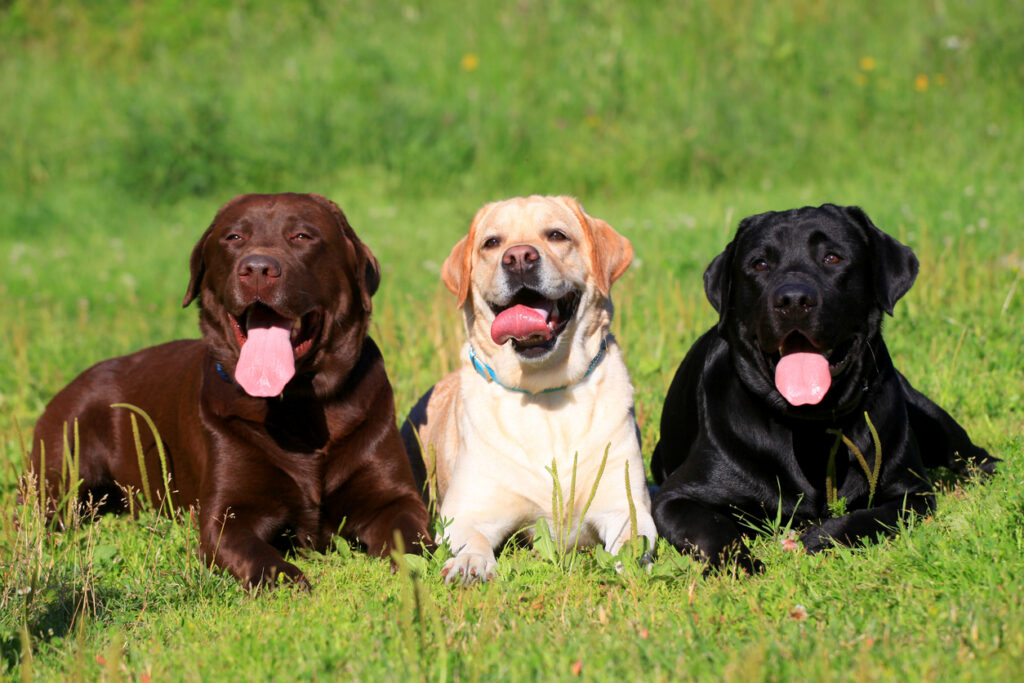
Dogs may be our best friends, but the truth is they’re tougher and more independent than we often realize. They can survive in the wild, adapt to new environments, and rely on their instincts when needed. Yet, time and again, they stick with us. The story isn’t about whether they need us, it’s about why they still choose us, every single day.
1. Survival Is in Their DNA
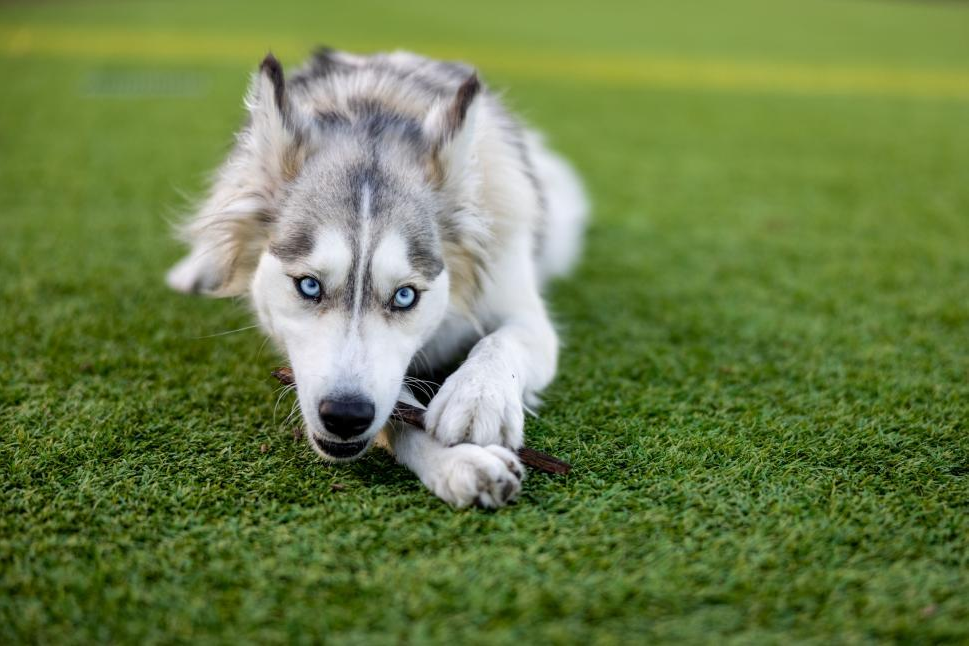
Dogs are descendants of wolves, and that survival instinct still runs strong in them. Around the world, “village dogs” live on the edges of human communities, thriving by scavenging, hunting, and forming loose social groups. In Alaska, a husky famously survived 529 days on its own, proving just how resourceful dogs can be without human care. They know how to find food, avoid danger, and adapt to their surroundings. This resilience shows us that while dogs can survive without us, they don’t stay by our side because they have to, it’s because they want to. Their loyalty isn’t about need, but about choice.
2. They Can Bond Without Humans

When humans aren’t around, dogs naturally seek companionship elsewhere. Feral packs often work together to defend their territory, share food, and raise pups. Some even form surprising friendships with livestock or other animals for comfort and protection. These bonds prove that dogs are wired for connection, not just survival. Still, when given the choice between other animals and people, dogs often lean toward us. Their willingness to build strong ties with humans, despite being capable of bonding in other ways, says a lot about the unique relationship we share with them.
3. We Built the Bond Over Millennia
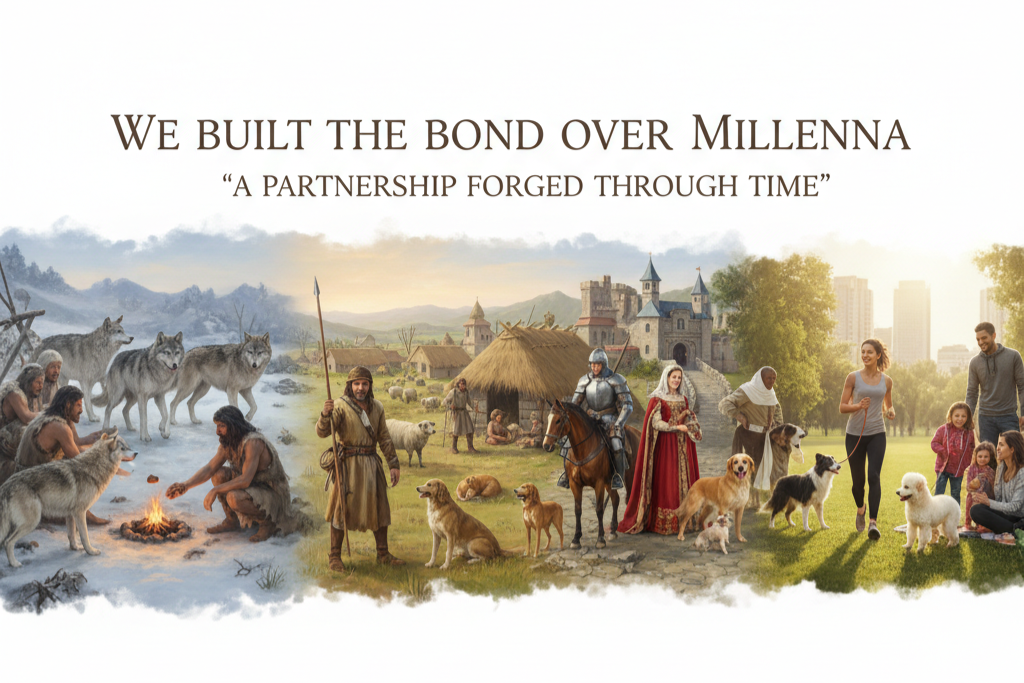
The dog-human partnership isn’t an accident, it’s the result of thousands of years of shared history. Around 14,000 years ago, humans began selectively breeding wolves that were more tolerant and cooperative. Over generations, these animals evolved into dogs, fine-tuned to pick up on human cues and work alongside us. This slow but deliberate process shaped not only their behavior but also their instincts. Dogs became experts at reading us, relying on our presence, and fitting into our daily lives. It’s a bond carefully built over centuries, and one that makes dogs more connected to humans than almost any other animal.
4. They Read Us Better Than Wolves
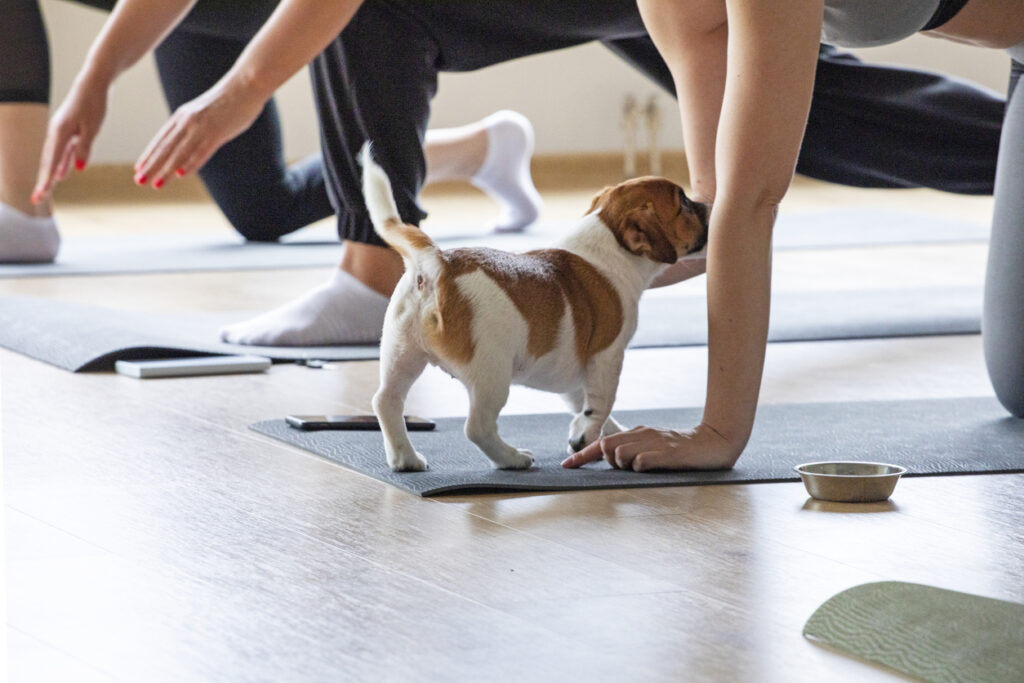
Even very young puppies can understand us in ways wolves usually can’t. Studies show that 8-week-old puppies with little human exposure can follow a pointed finger to find food, a skill wolf pups raised by people often fail to match. This ability to read human gestures and signals is unique to dogs and one of the clearest examples of how they’ve adapted to life with us. It’s not just intelligence, it’s a deep sensitivity to our behavior that comes from generations of living side by side. Dogs aren’t just surviving with humans; they’re thriving because of the connection we’ve created together.
5. Their Cuteness Is a Strategy
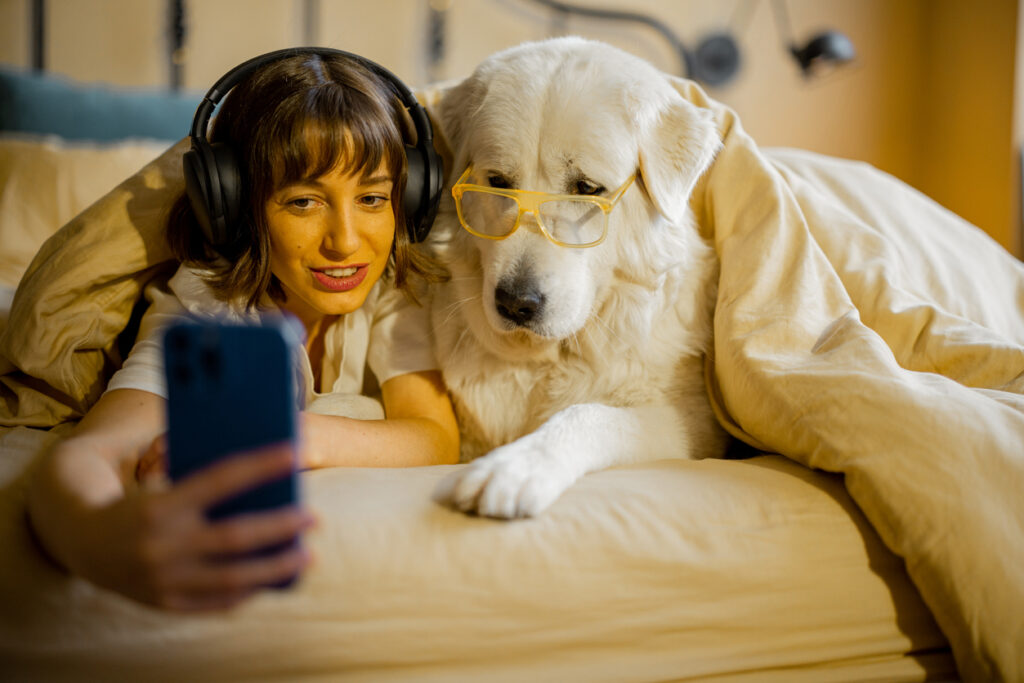
Big eyes, floppy ears, and playful faces may melt our hearts, but they’re also part of an evolutionary strategy. Scientists call this neoteny, the retention of puppy-like traits into adulthood. These features trigger our nurturing instincts, making us more likely to care for them long-term. While dogs don’t consciously choose to look cute, the fact that these traits have been passed down through generations shows their survival value. By appearing forever youthful and appealing, dogs ensure that humans stay devoted to them, not just when they’re puppies, but throughout their lives. It’s nature’s way of keeping us bonded to them.
6. Dogs Make Us Healthier
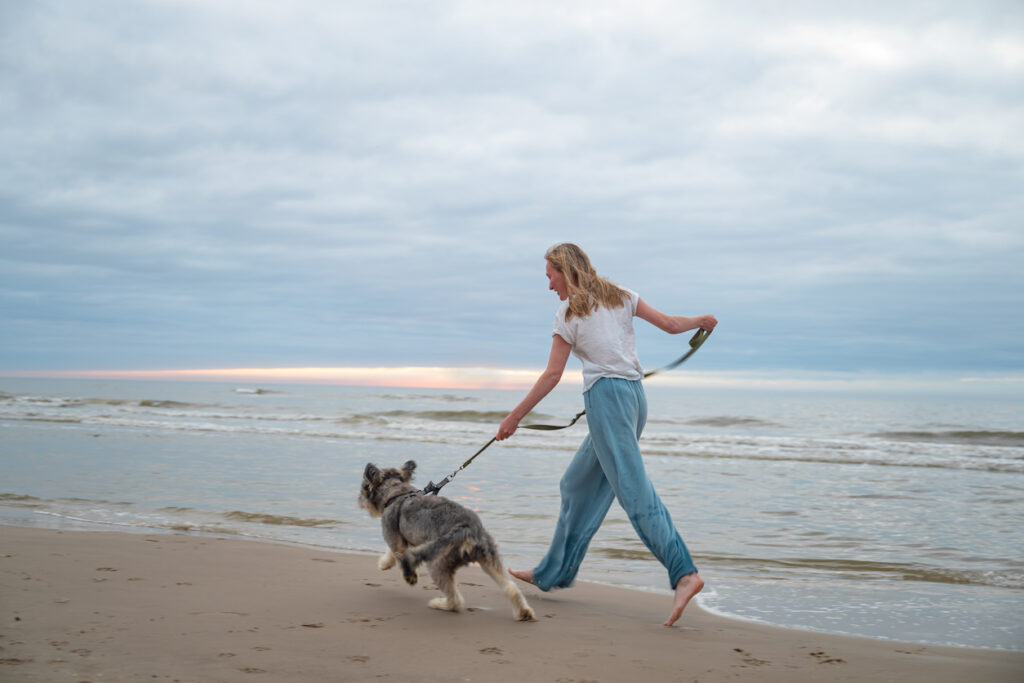
Spending time with a dog has measurable benefits for our well-being. Just a few minutes of petting can lower blood pressure and reduce stress hormones, helping people feel calmer almost instantly. Studies also show that dog owners tend to get more exercise, with daily walks averaging about 22 minutes longer than those of non-owners. This extra movement contributes to better heart health and overall fitness. In many ways, dogs act as natural wellness coaches, encouraging us to get outside, stay active, and relax when we’re overwhelmed. While they don’t need us to be healthy, their presence makes us healthier in return, creating a bond that benefits both sides.
7. Owners Rank the Bond Above Most Human Ties
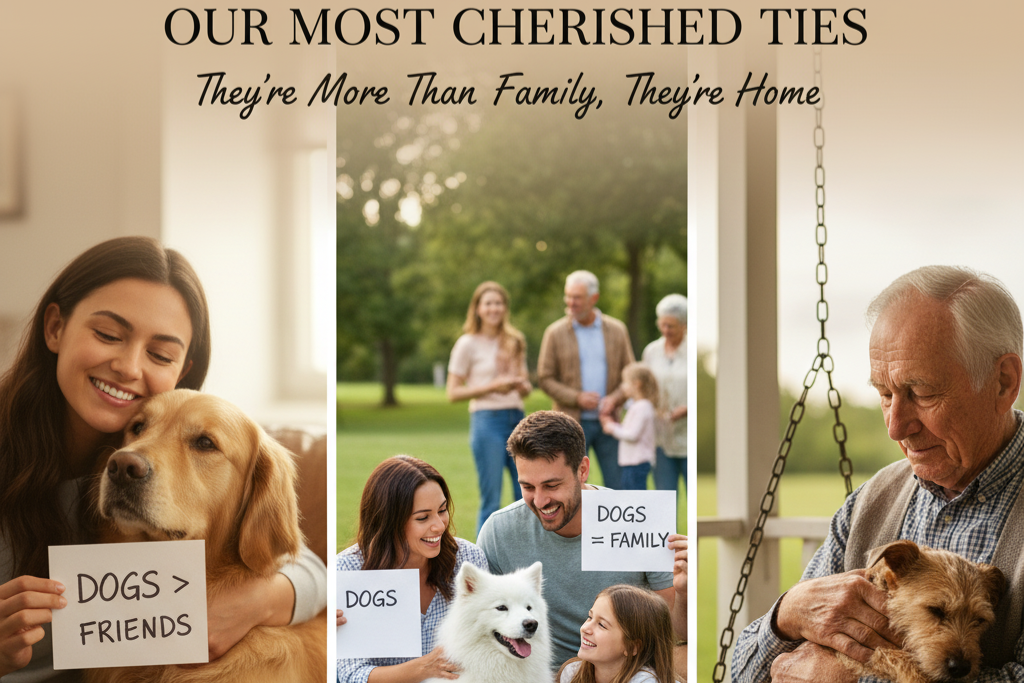
Our relationships with dogs often rank among the most important in our lives. A 2022 study revealed that people frequently rated their bond with their dog higher than friendships or extended family ties, falling second only to parent-child relationships. This says something powerful about how we view dogs: they’re not just pets, they’re family. Unlike many human connections, the bond with a dog is consistent, loyal, and unconditional. Knowing that dogs could manage without us makes it even more striking that they choose to share such a deep emotional space with us. They’re companions we place on the highest tier of trust and love.
8. They Feel Our Emotions
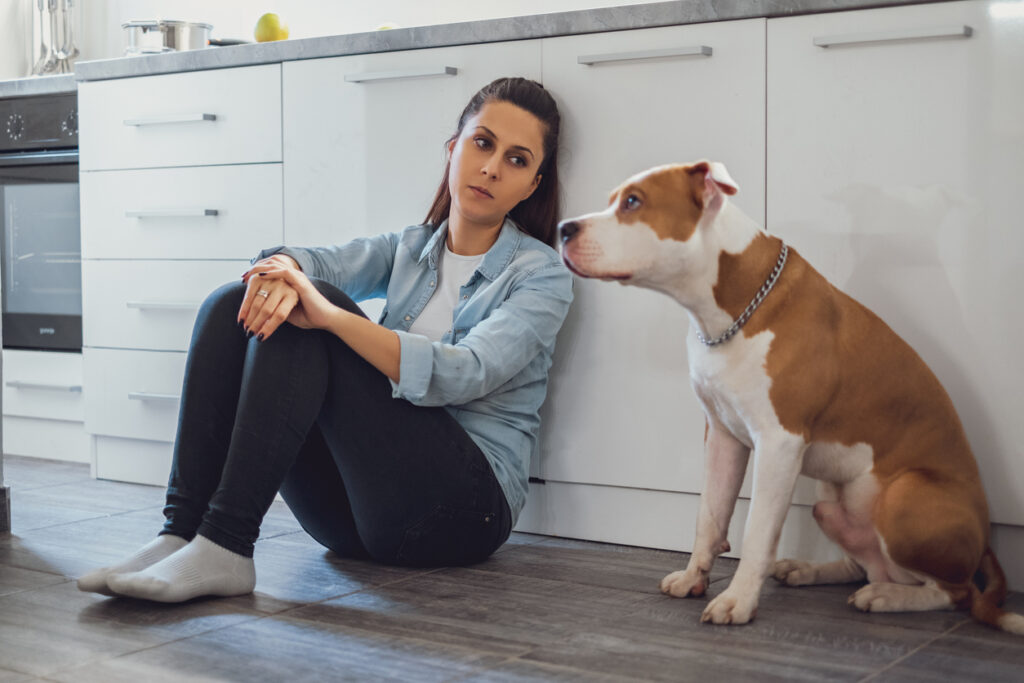
Dogs have an uncanny ability to sense how we’re feeling. They can read human facial expressions and body language, often responding in ways that mirror our moods. A calm owner can help a dog relax, while an anxious or stressed person might make their dog more alert and restless. Research shows that dogs even produce hormonal changes that reflect the emotions of the people around them, almost like emotional synchronization. This level of empathy isn’t about survival, it’s about connection. By choosing to align themselves with us emotionally, dogs show just how much they’re invested in our shared lives.
9. Shelter Dogs Bond in Hours
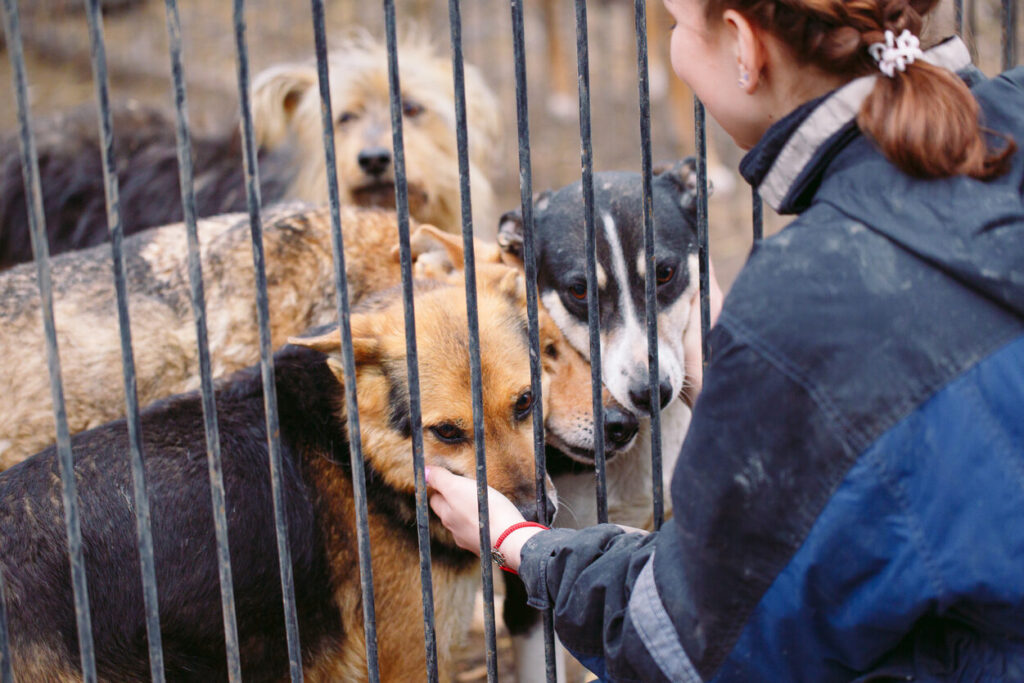
It doesn’t take long for a dog to form a meaningful attachment to a human. Shelter studies show that just 15 minutes of playtime or gentle petting can lower stress levels and spark trust in dogs waiting for adoption. This ability to bond so quickly highlights how naturally dogs connect with people. Even without years of history, a dog can sense kindness and respond with loyalty. While they’re fully capable of surviving without human care, their eagerness to form new relationships shows that they thrive on companionship. For them, choosing humans is about more than survival, it’s about belonging.
10. Many Jobs Depend on Trust
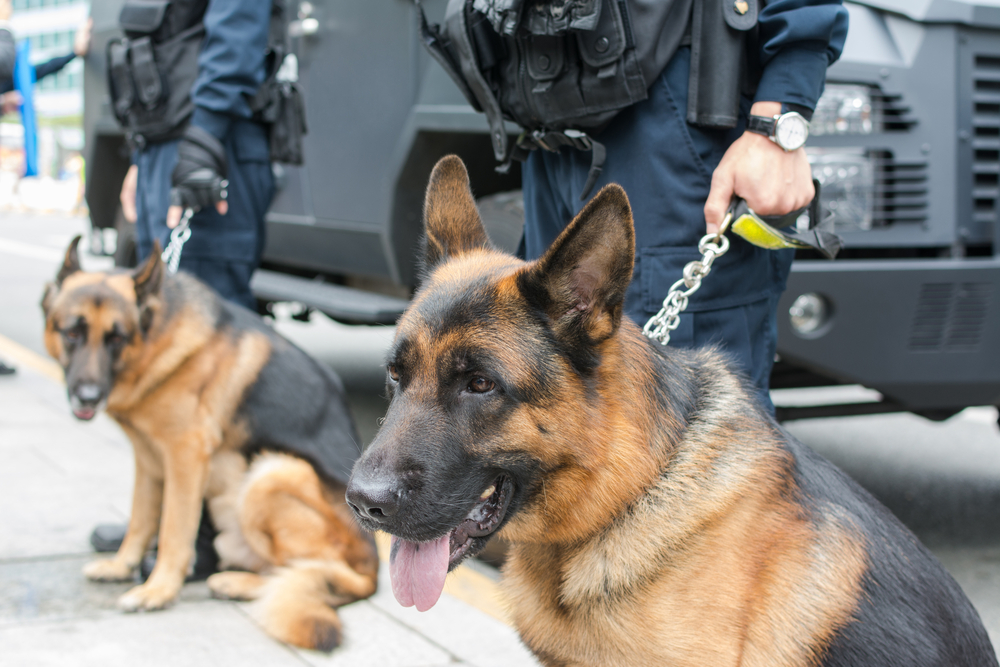
From guiding the visually impaired to assisting police officers and rescuing disaster victims, dogs take on jobs that rely on deep mutual trust. These roles aren’t about instinct alone, they require cooperation, understanding, and a willingness to work as a team. A guide dog, for instance, has to ignore distractions and focus on keeping its handler safe, trusting the human just as much as the human trusts the dog. These working partnerships prove that dogs don’t just coexist with people, they choose to collaborate in ways that enhance both human and canine lives. It’s a level of teamwork that goes far beyond survival.
11. They Stay Because They Want To
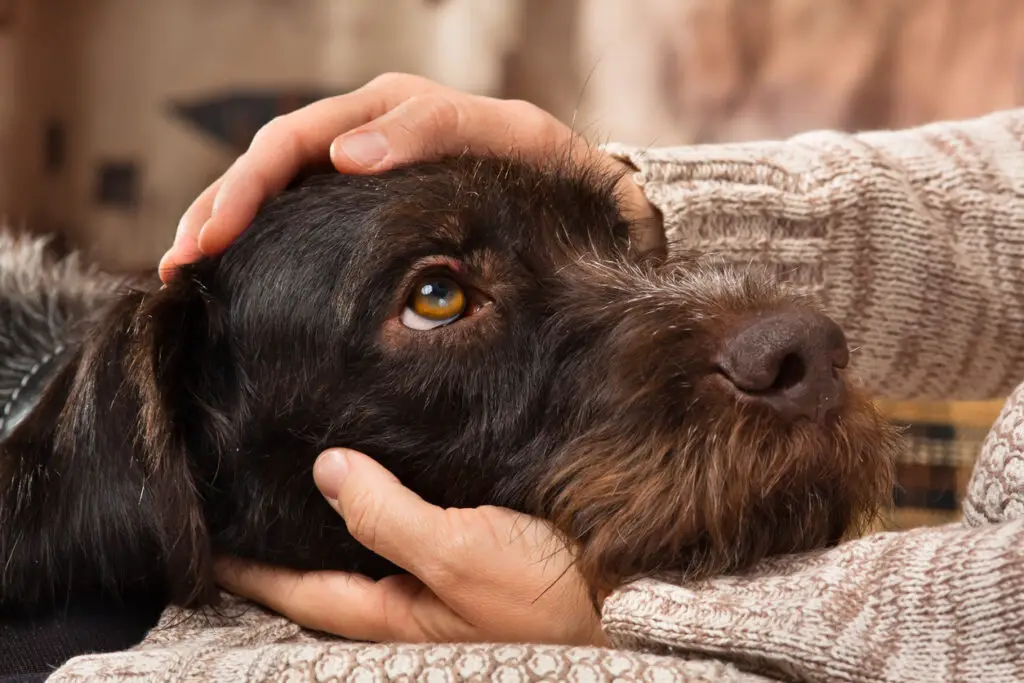
If humans suddenly disappeared, dogs as a species would still find ways to survive. Some would return to wild instincts, hunting or scavenging in packs, while others might adapt to living near towns and farms. Yet the dogs we know today, our pets, companions, and working partners, would likely still seek out people if given the chance. They don’t just stick with us because it’s necessary, but because they want the connection. The warmth of companionship, the comfort of routine, and the joy of shared lives are what keep dogs by our side. Their choice to stay is what makes the bond so extraordinary.
Every day, your dog shows that life is better together. And maybe that’s the real secret: in choosing us, dogs remind us how much love can shape the way we live.
This story 11 Ways Your Dog Could Live Without You, But Chooses You Every Time was first published on Daily FETCH


